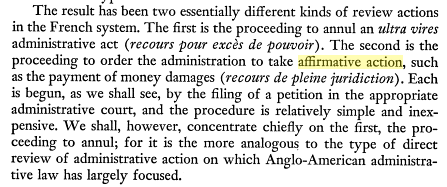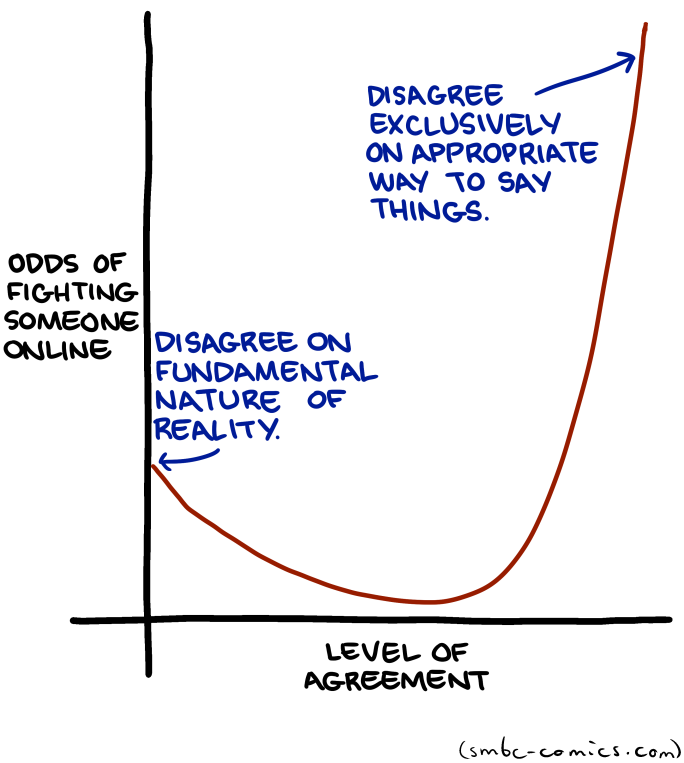Editing the world
From the description of Alison Dianotto's "Downworthy: A browser plugin to turn hyperbolic viral headlines into what they really mean":
Downworthy replaces hyperbolic headlines from bombastic viral websites with a slightly more realistic version. For example:
- "Literally" becomes "Figuratively" "Will Blow Your Mind" becomes "Might Perhaps Mildly Entertain You For a Moment"
- "One Weird Trick" becomes "One Piece of Completely Anecdotal Horseshit"
- "Go Viral" becomes "Be Overused So Much That You'll Silently Pray for the Sweet Release of Death to Make it Stop"
- "Can't Even Handle" becomes "Can Totally Handle Without Any Significant Issue"
- "Incredible" becomes "Painfully Ordinary"
- "You Won't Believe" becomes "In All Likelihood, You'll Believe"
- … and so on. (see the spoilers list below)
Mike Walker's "Literally, a better browsing experience" is a more tightly-focused plugin, literally just changing "literally" to "figuratively". I learned about both of these from Will Oremus, "Browser extension changes 'literally' to 'figuratively'" (The Sydney Morning Herald 4/28/2014), sent in by R.P.
Read the rest of this entry »



